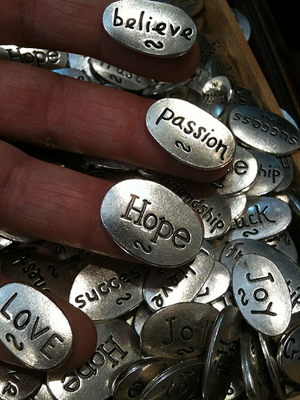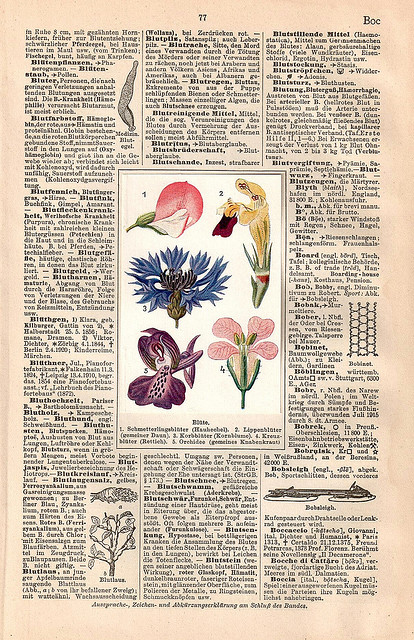
Source: Power of words, dalechumbley, Flickr
The Power of Words
Whether they are written or spoken, words are important. They have the power to lift us up, drag us down, tear us apart, or soothe our hearts. Words have the power to build confidence and restore hope. Words have the power to bring peace or start wars. Words can make or break us, either as individuals or as societies. As George Gordon Byron indicates in this quotation, words have power:
But words are things, and a small drop of ink,
Falling like dew, upon a thought, produces
That which makes thousands, perhaps millions, think.
It takes practice to learn and use words. A variety of print and electronic resources can guide you so that words, like “drops of ink,” can help you understand new ideas and produce outstanding work.
Discovering new vocabulary and using it while you read and write is the primary focus of this lesson. You will review how to use a dictionary, a glossary, and a thesaurus (printed or electronic) to determine or confirm word meanings including their connotations, denotations, and etymologies.

Source: German Dictionary Page, Hah! Designs, Art by Heather, Flickr